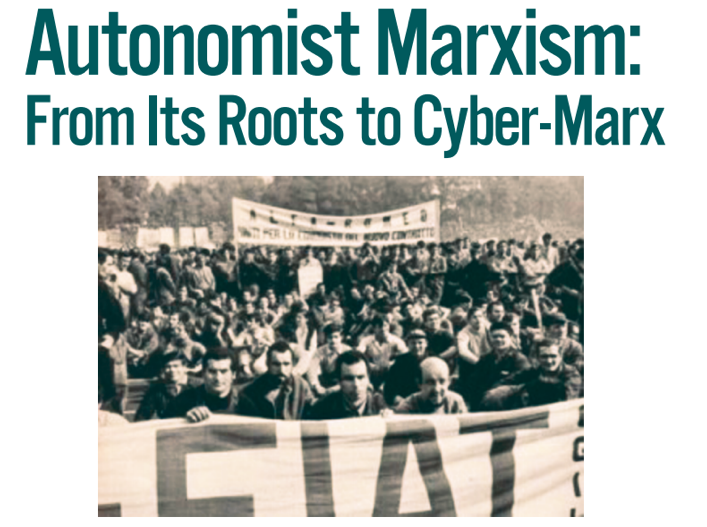Marx
-
-
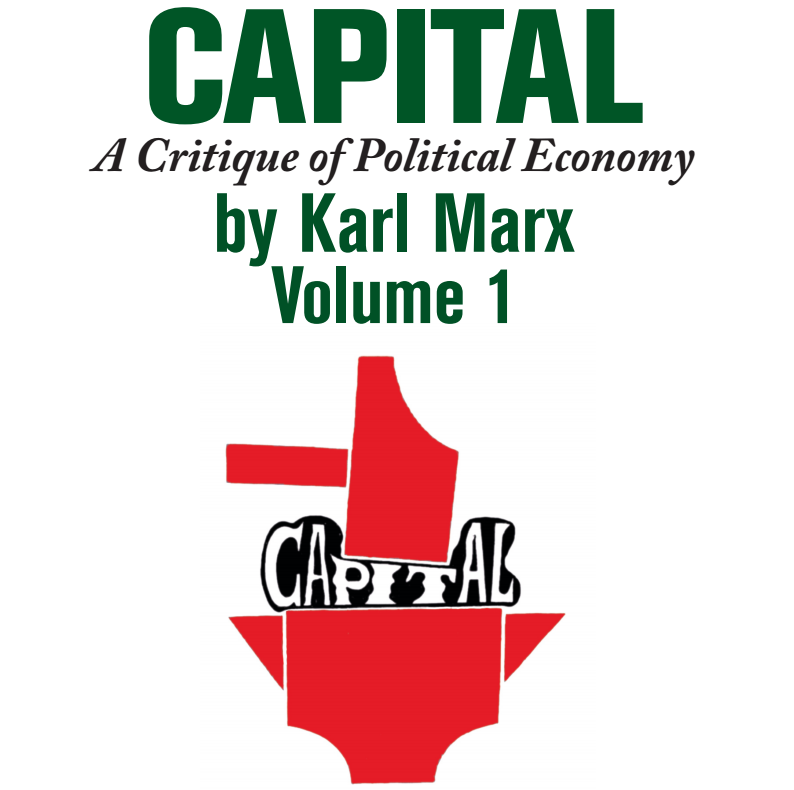
Capital: A Critique of Political Economy by Karl Marx Volume 1
Marx’s Capital remains the fundamental text for understanding how capitalism works. By unraveling the commoditized forms of our interactions with nature and each other, it provides tools to understand capitalism’s astounding innovativeness and productivity, intertwined with growing inequality and misery, alienation, stunting of human potential, and ecological destruction all over the globe.
$95 – $125 -
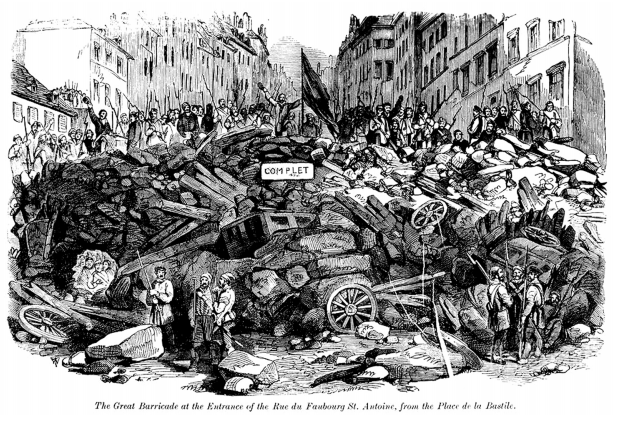
The Long French Revolution in Literature and Life: 1789-1871
For Marxist and democratic historians, France remains the ‘model’ country for the analysis of class struggles and political revolutions, which overthrew the established order in 1789, 1830, 1848 and 1871 (and profoundly threatened the bourgeois order again in 1968). We will examine these successive revolutions chronologically through the eyes of both radical historians and novelists.
$95 – $125 -
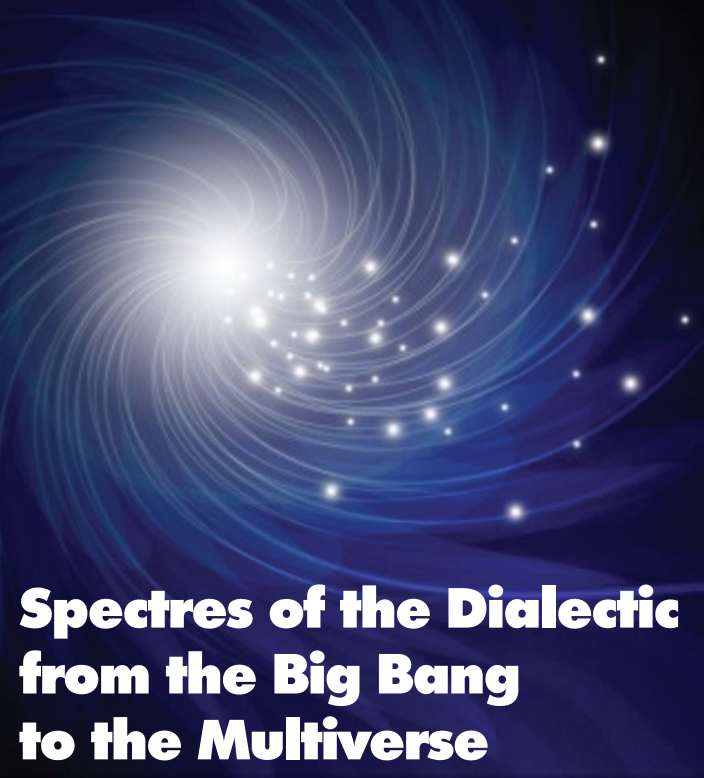
Spectres of the Dialectic from the Big Bang to the Multiverse: Explorations with Hegel, Marx & Engels on the Philosophy of Nature
Through writings, videos, and other media we will engage in issues in modern physics and biology that get to the core of the current crisis in science and take us beyond the limitations of the mechanical picture of the world we have inherited.
$95 – $125 -
-
-
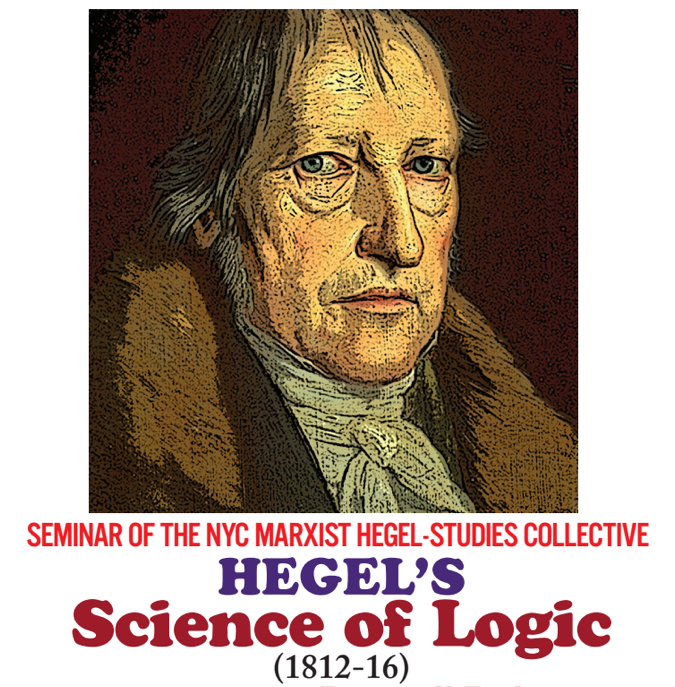
Hegel’s Science of Logic
Note that there will be no class meeting Friday, February 20 in support of attendance of an event for political prisoners at St. Peter's Church (East 54th Street and Lexington Avenue). For more information visit LynneStewart.org
-
-
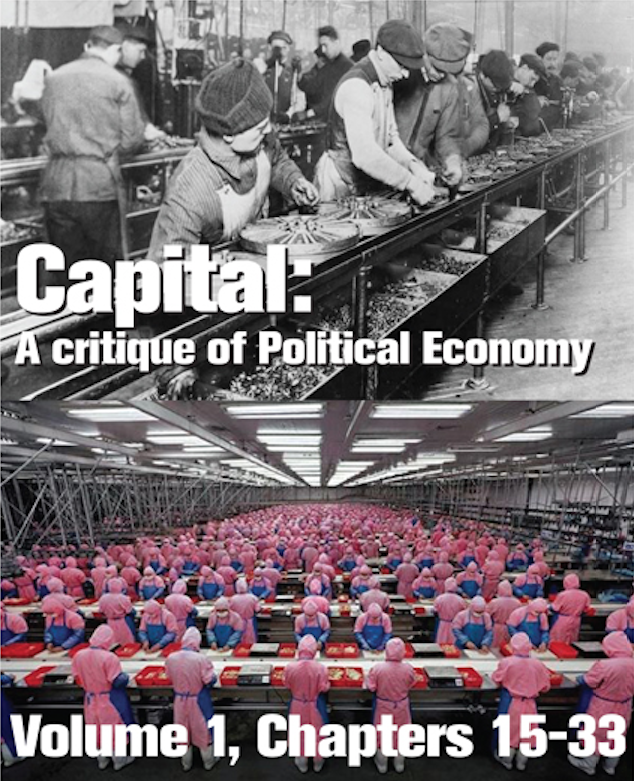
Capital: Volume I, Chapters 15-33
Marx’s Capital remains the fundamental text for understanding how capitalism works. By unraveling the commoditized forms of our interactions with nature and each other, it provides tools to understand capitalism’s astounding innovativeness and productivity, intertwined with growing inequality and misery, alienation, the stunting of human potential, and ecological destruction all over the globe. In this way, Capital offers the reader a methodology for doing our own analysis of current developments. On top of that, many (though not all) sections of Volume I are surprisingly accessible and beautifully written.

